Festival "On the path of bread in Dobrudja"
G8X8+Q4 Chelopechene, Bulgaria
+359 887102189
Similar Tours
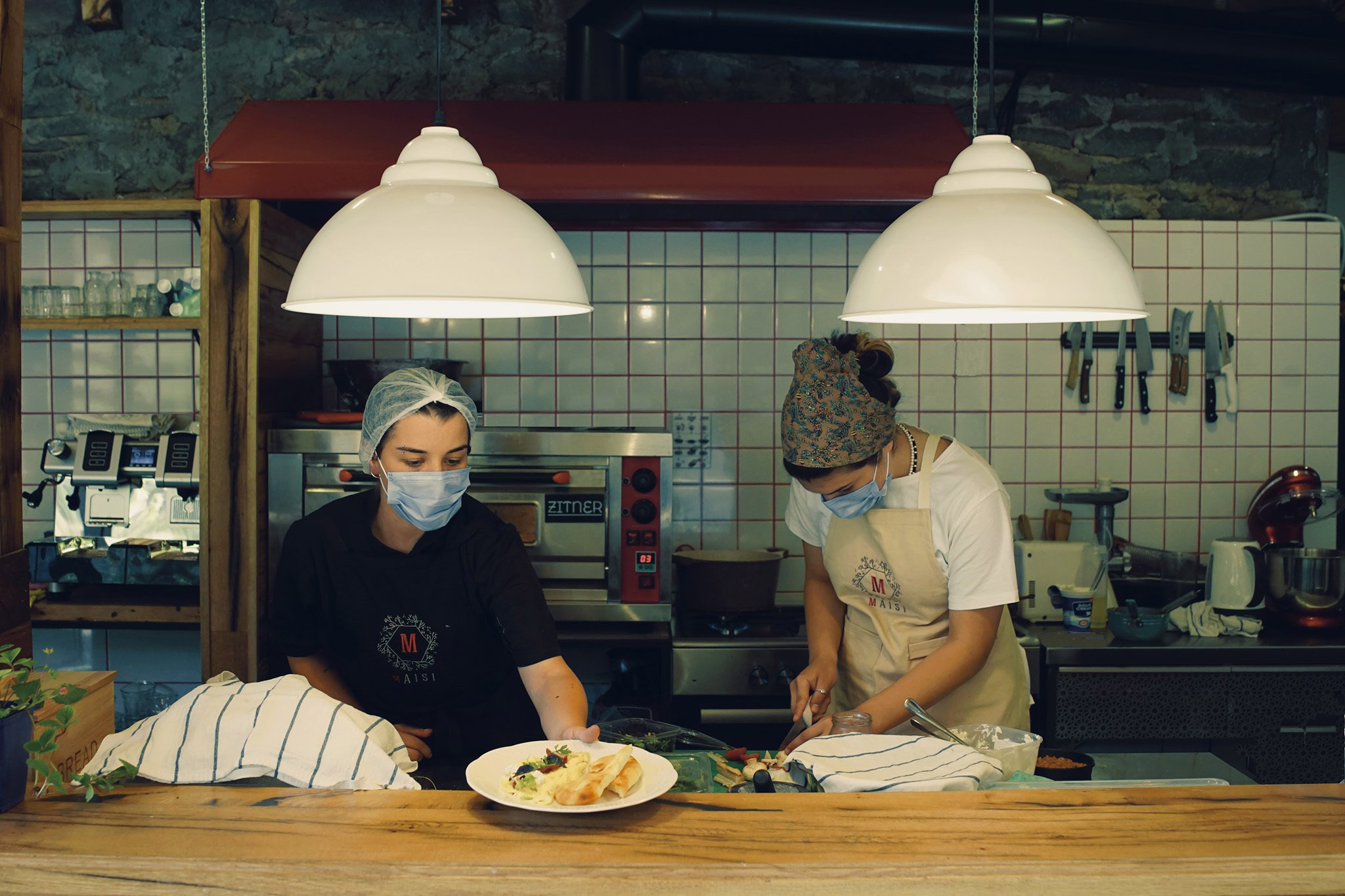
Khevi gastronomic master class
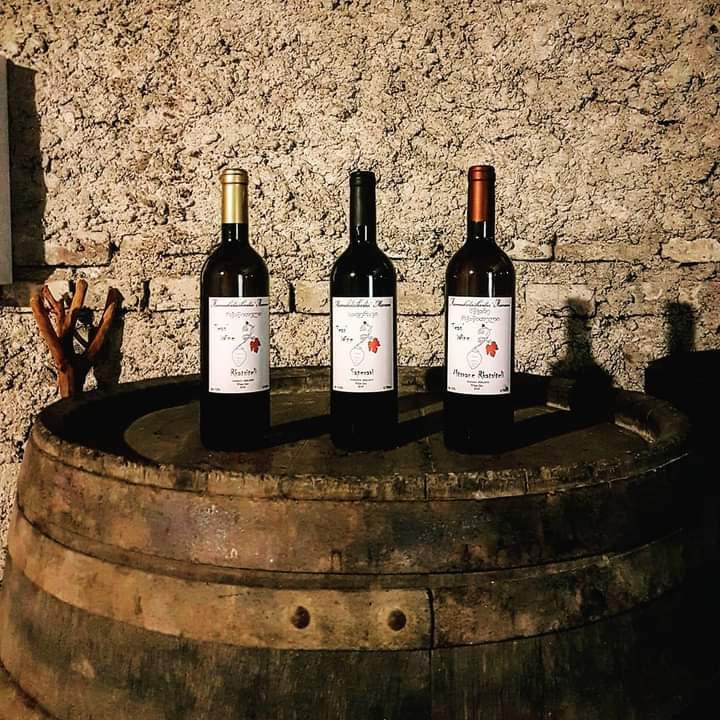
Kurdgelauri marani

Master class of restored recipes
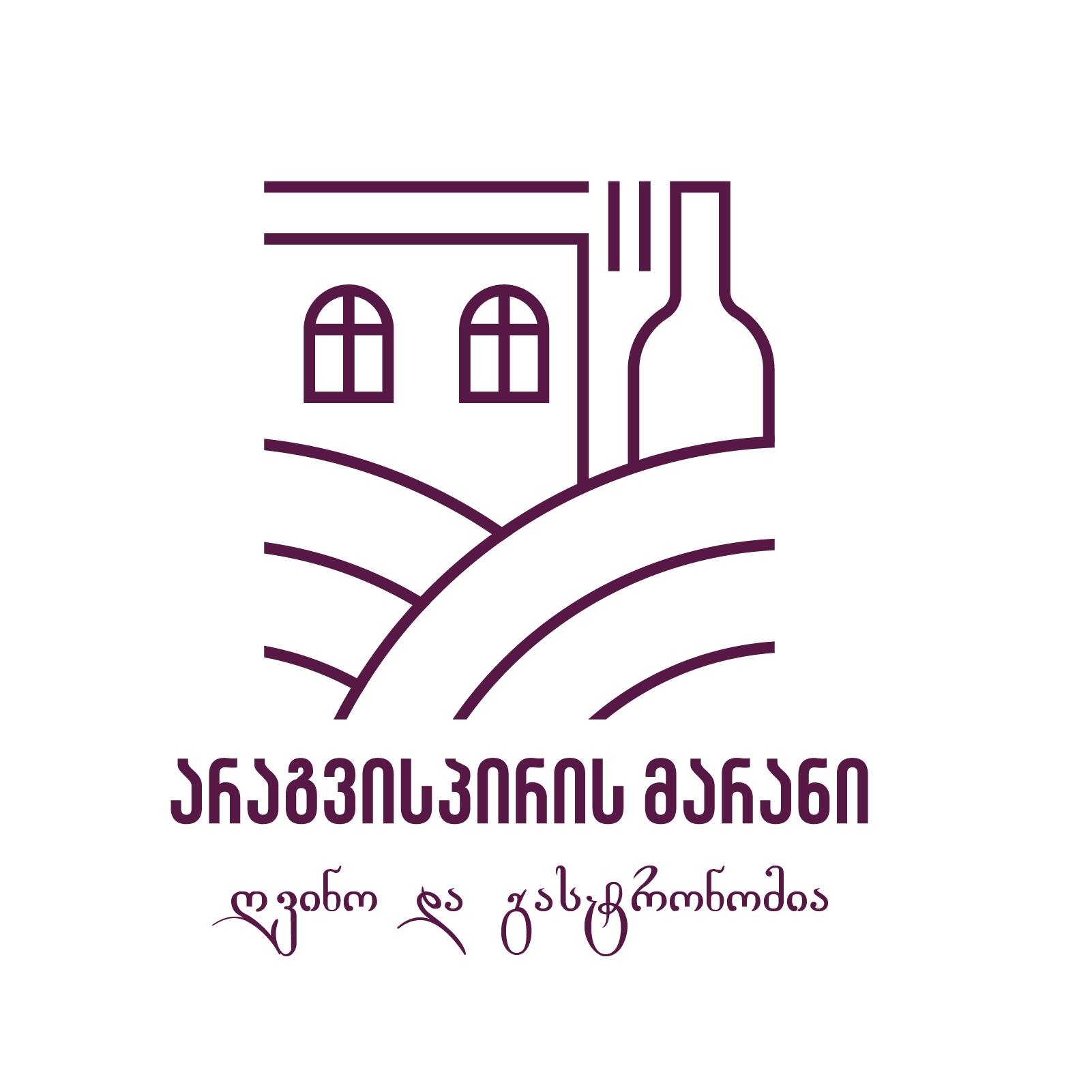
Aragvispiri wine cellar
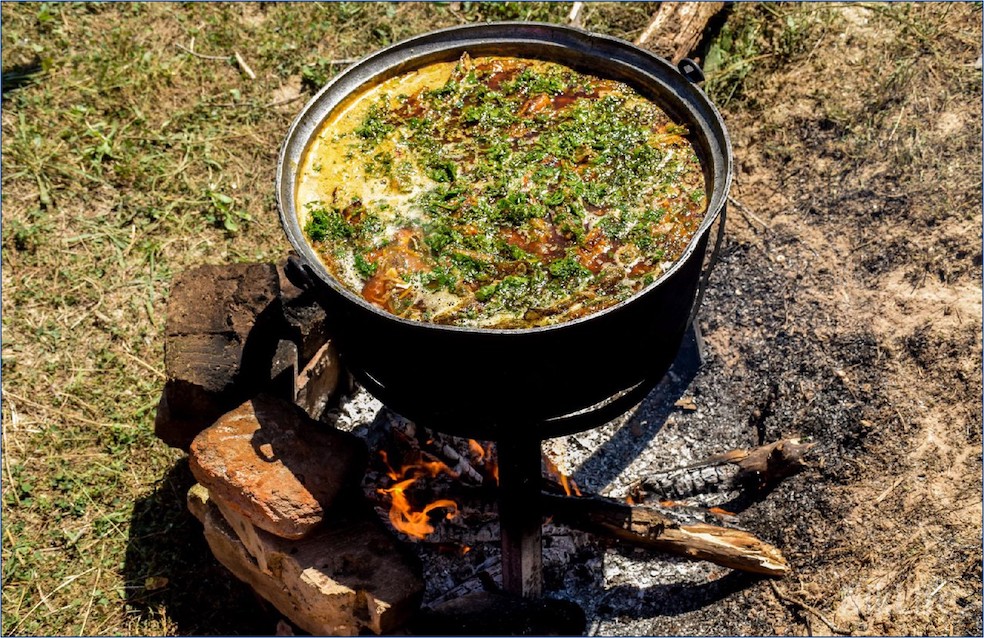
Technology of cooking borscht with goby fish
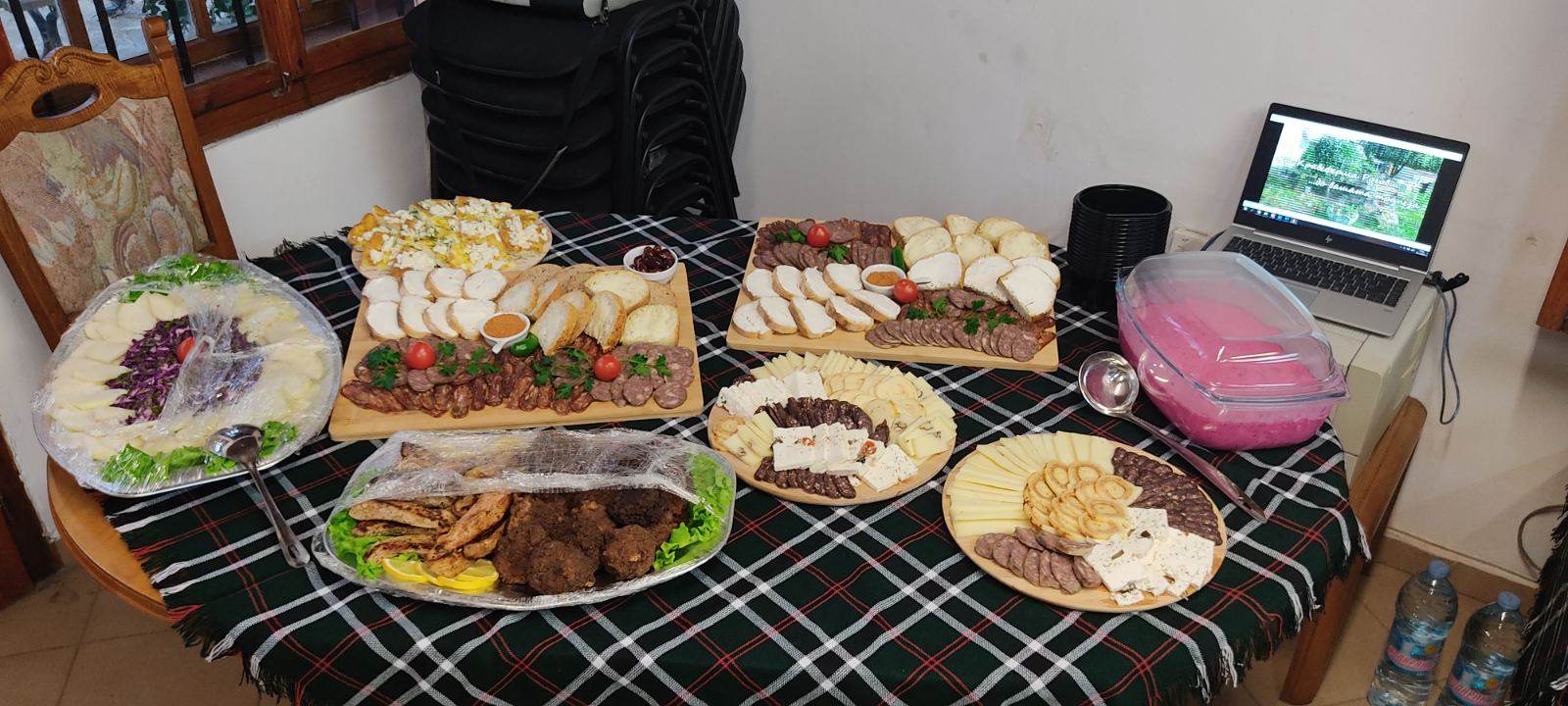
Small Farms Tour
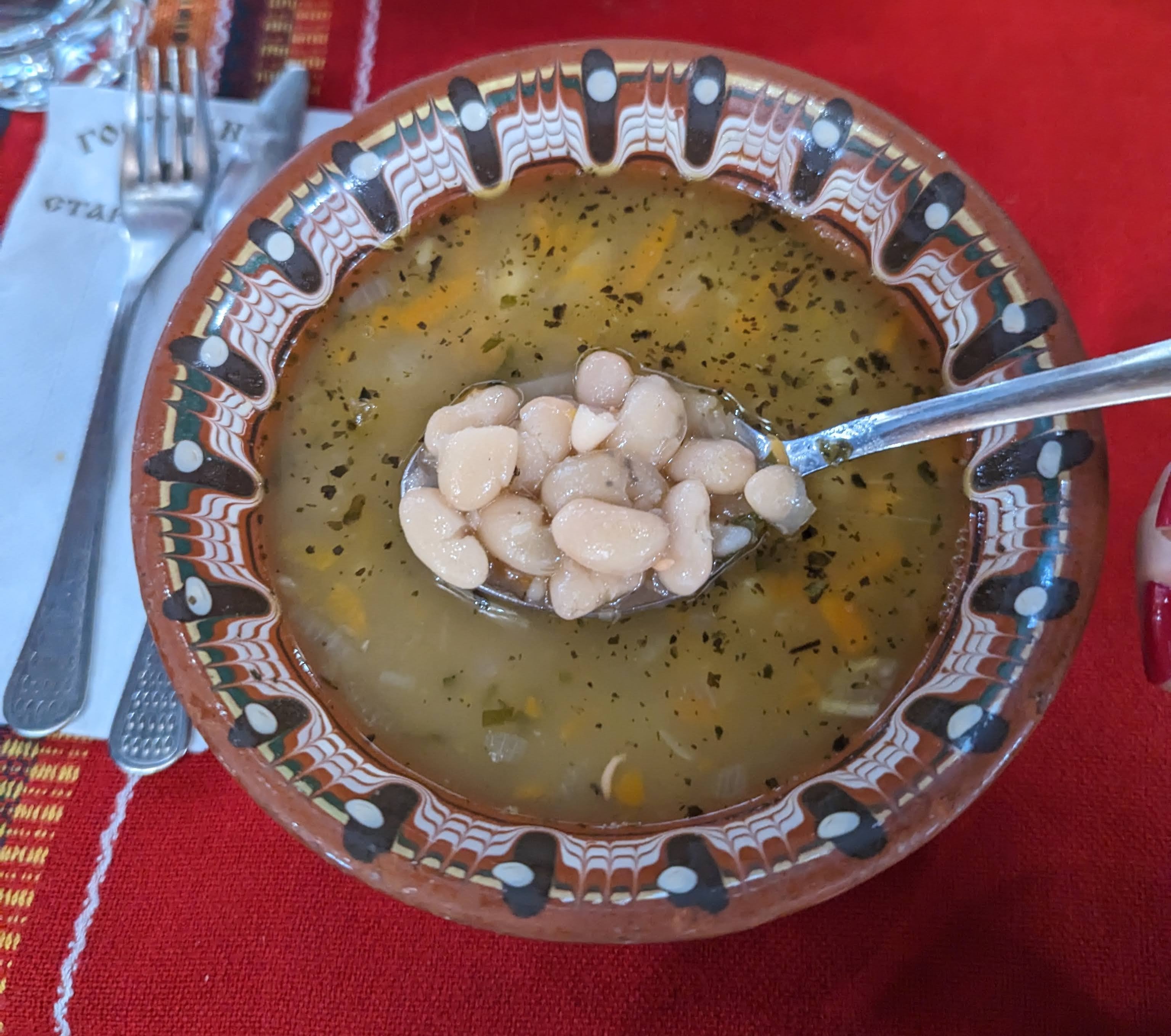
Culinary art
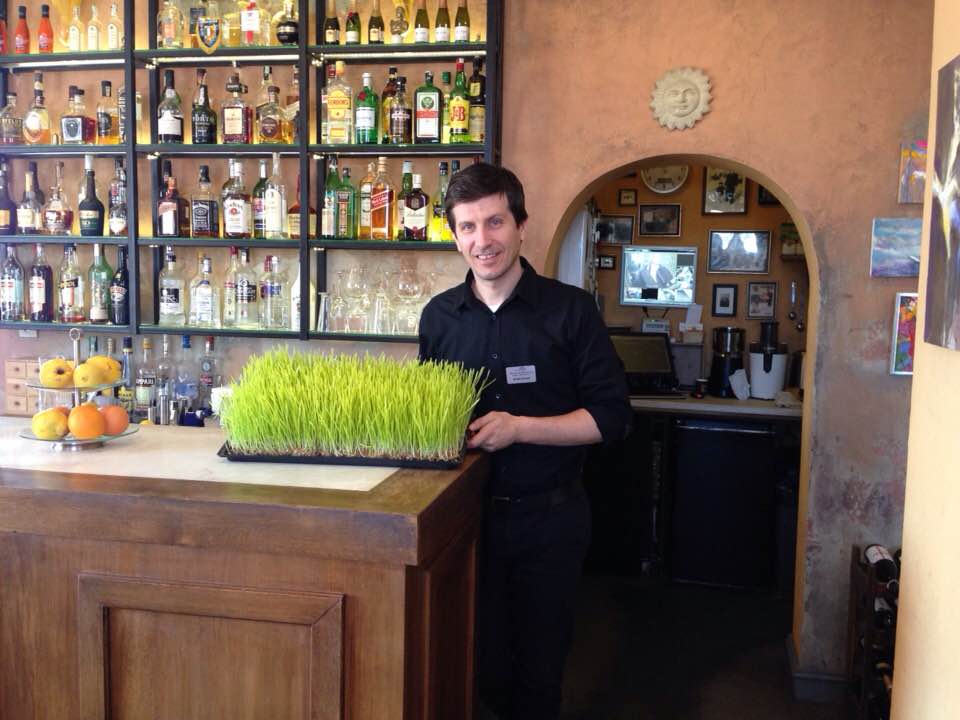
Wheatgrass Health Seminar
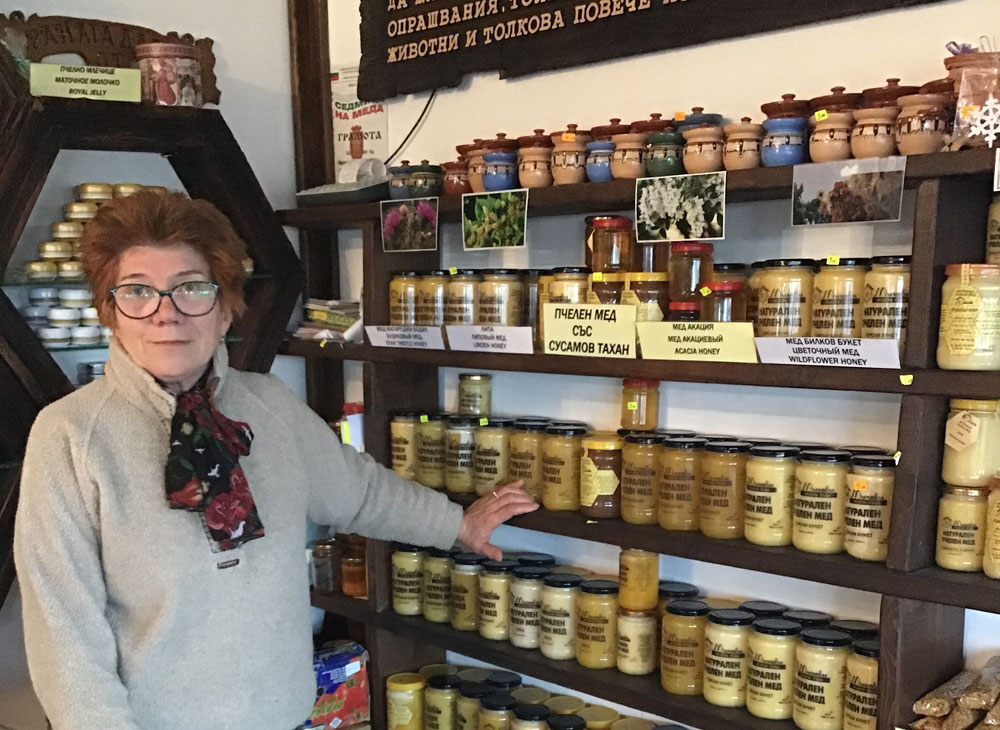
Mihovi honey house
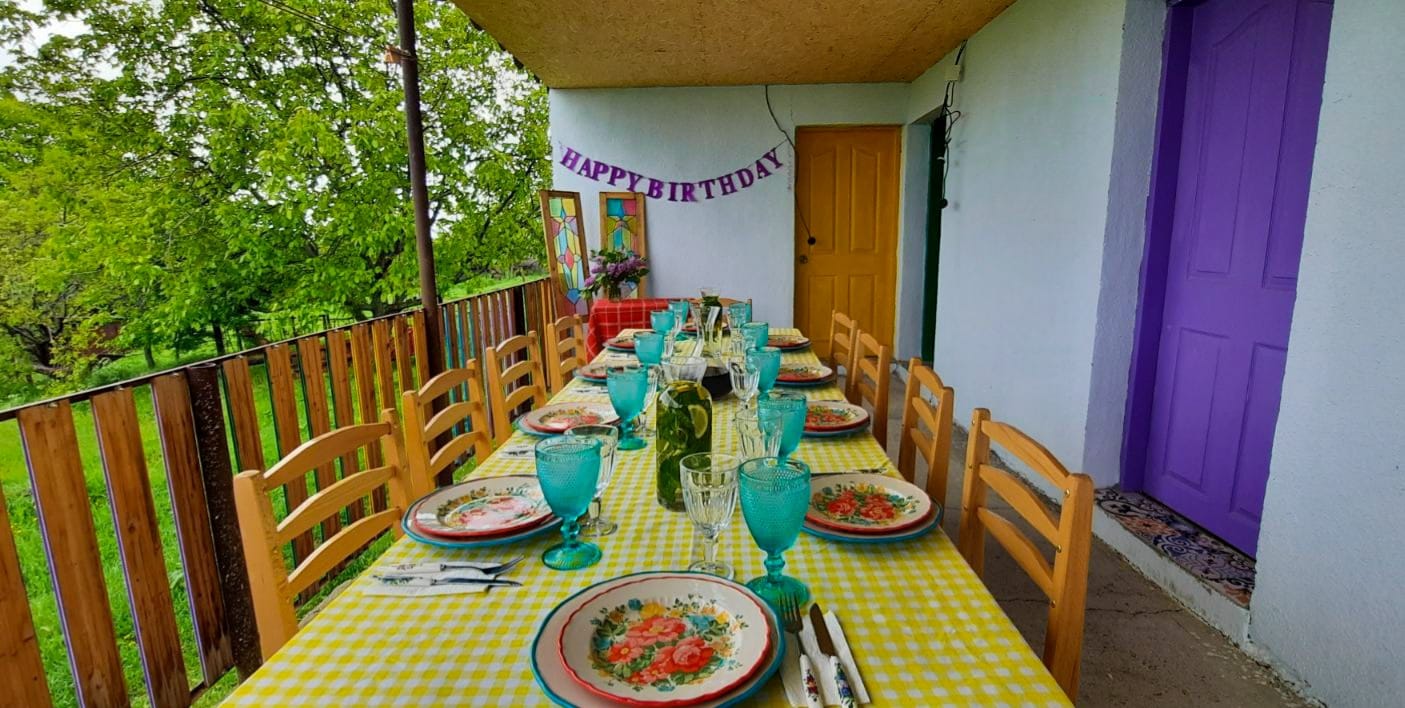
Gastronomic master class

Harvest party
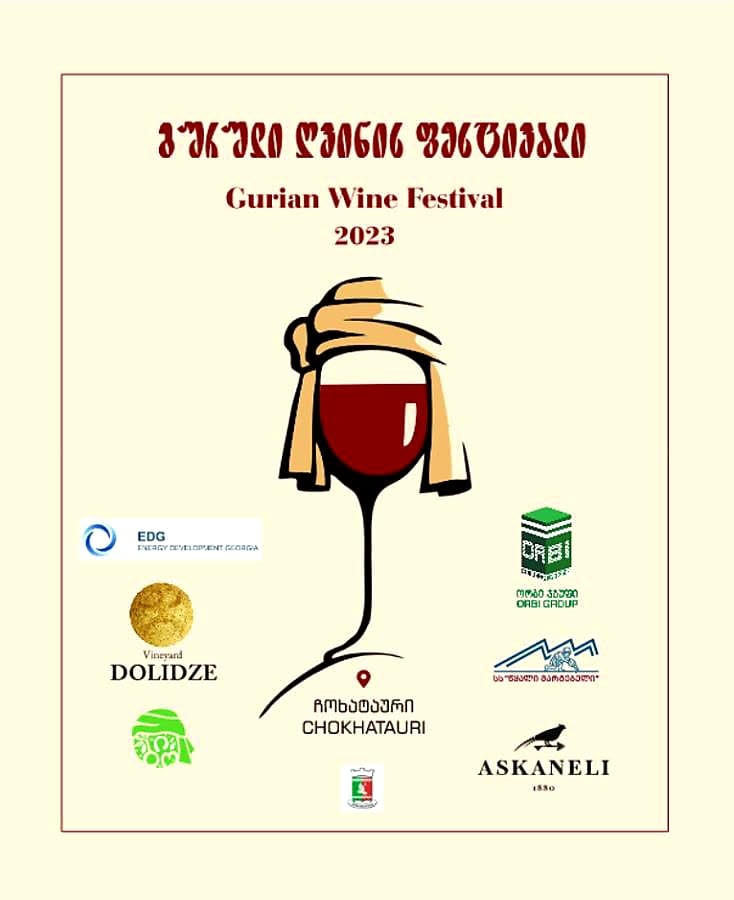
Gurian Wine Festival 2023
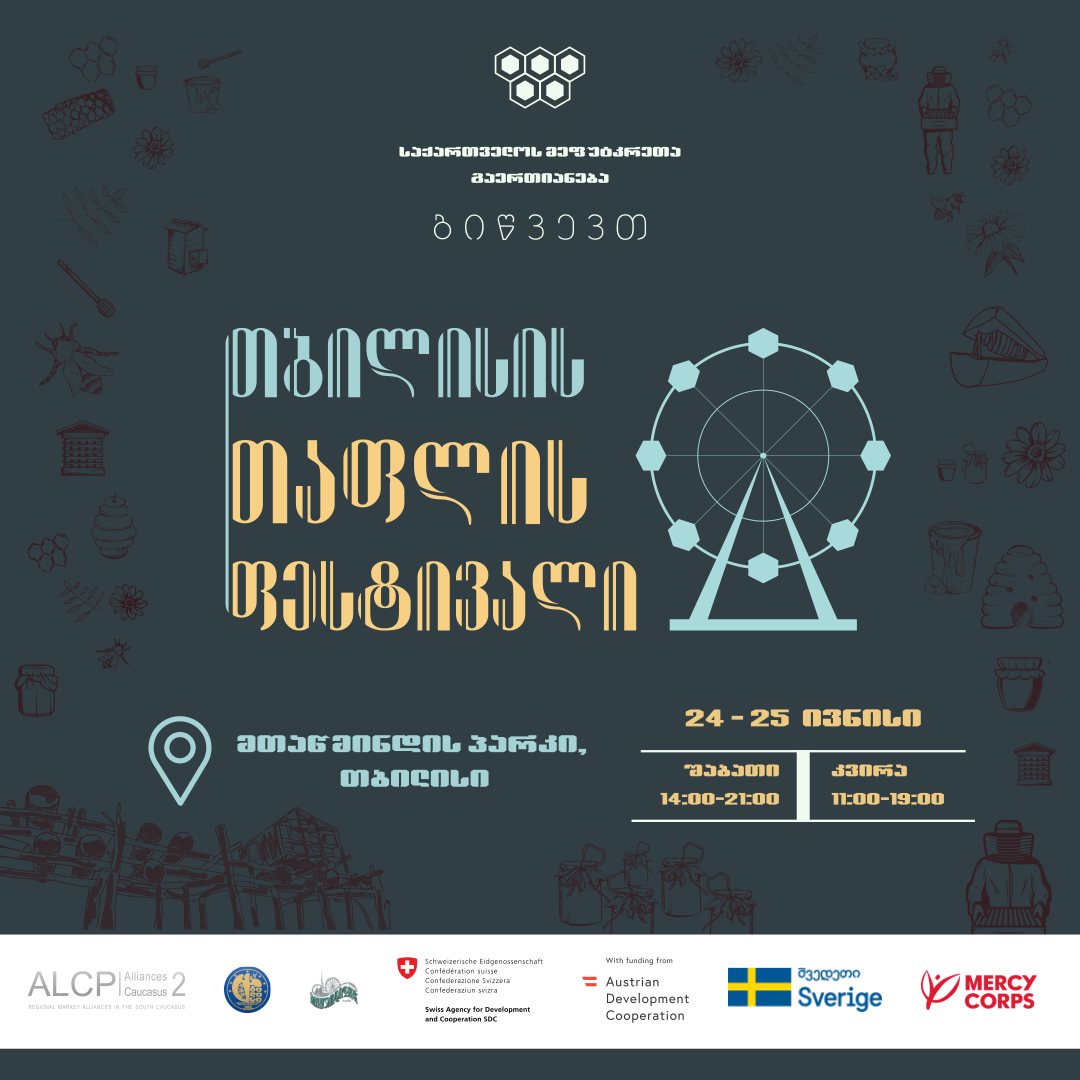
Tbilisi Honey Festival
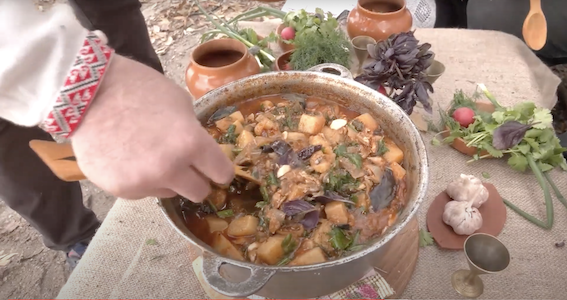
Tourist magnets of Vitovskyi district
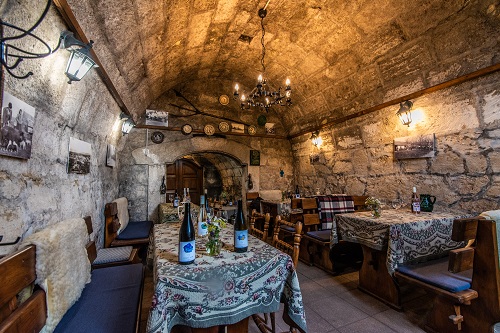
VIZI WINERY
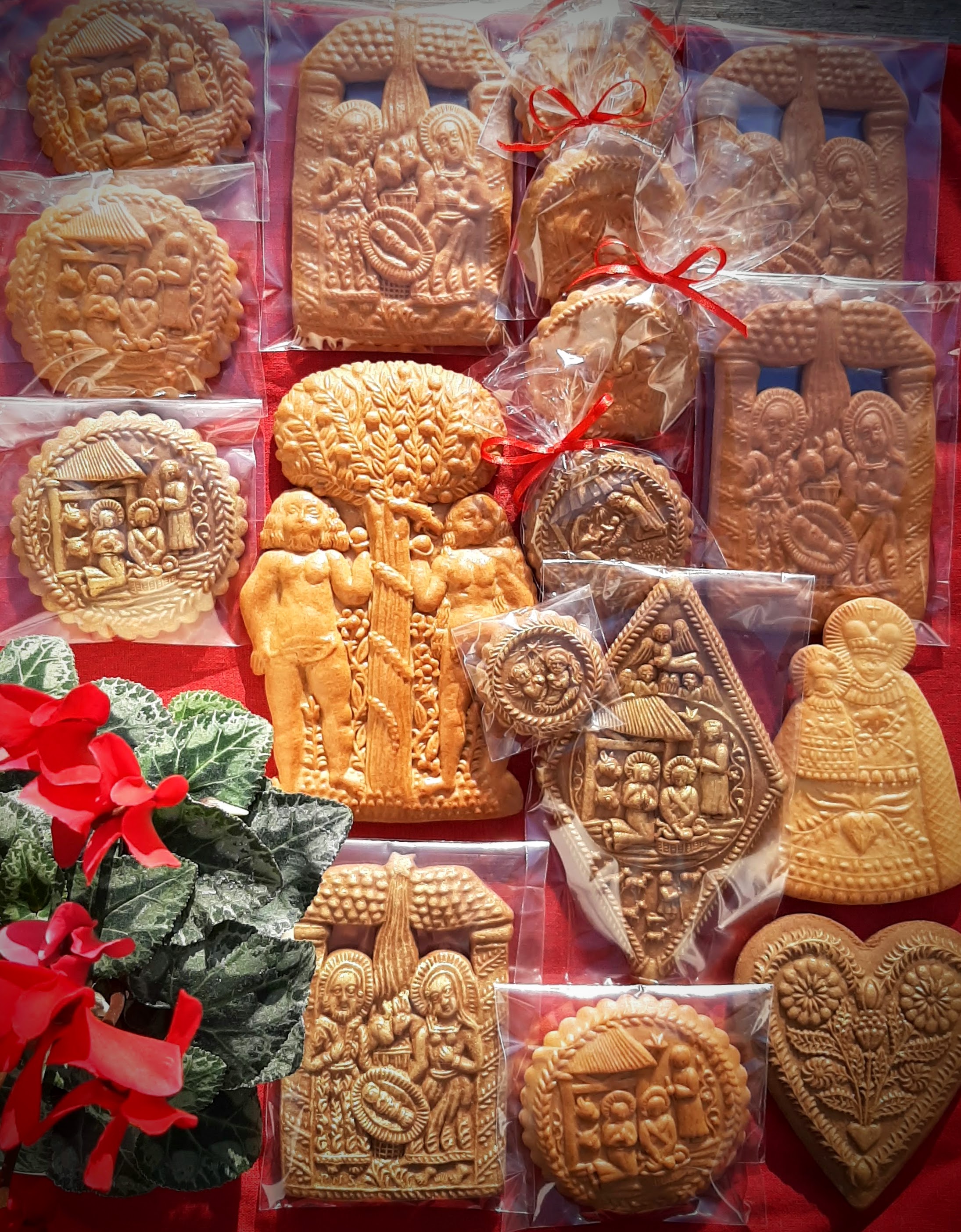
Gingerbread making with carved honeycake moulds
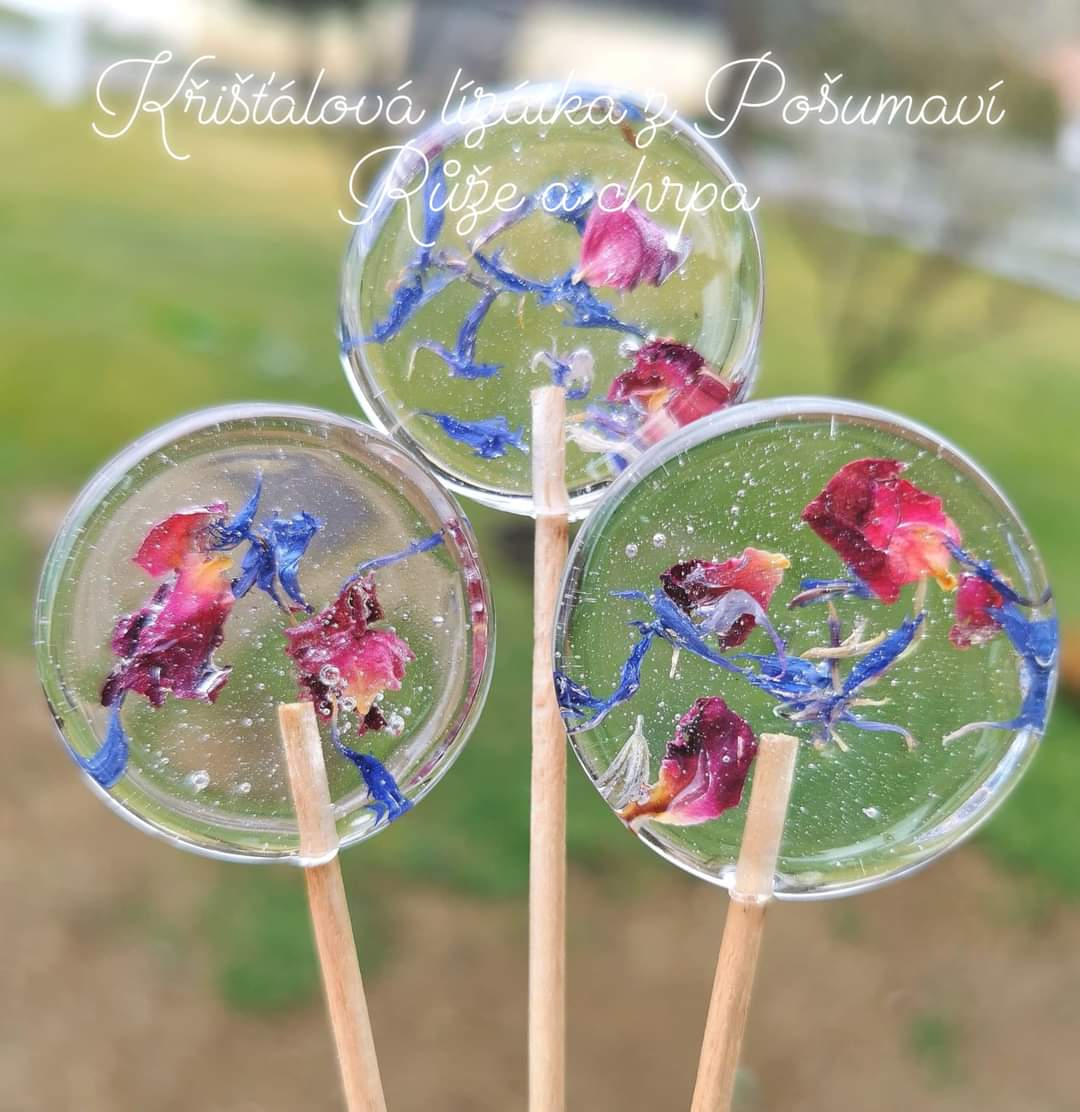
Handmade candy lollipops
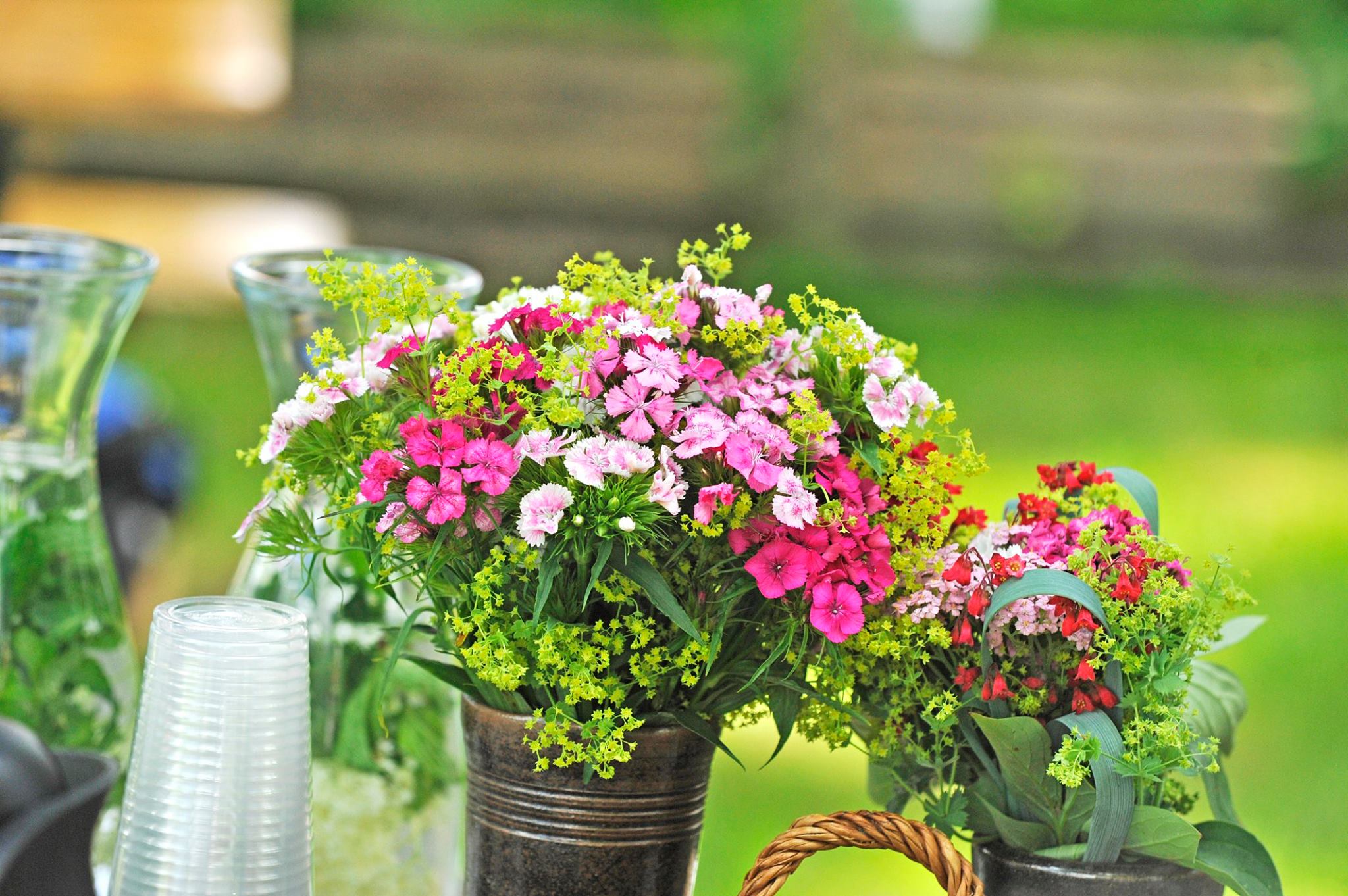
Ky.By Garden Chlumany
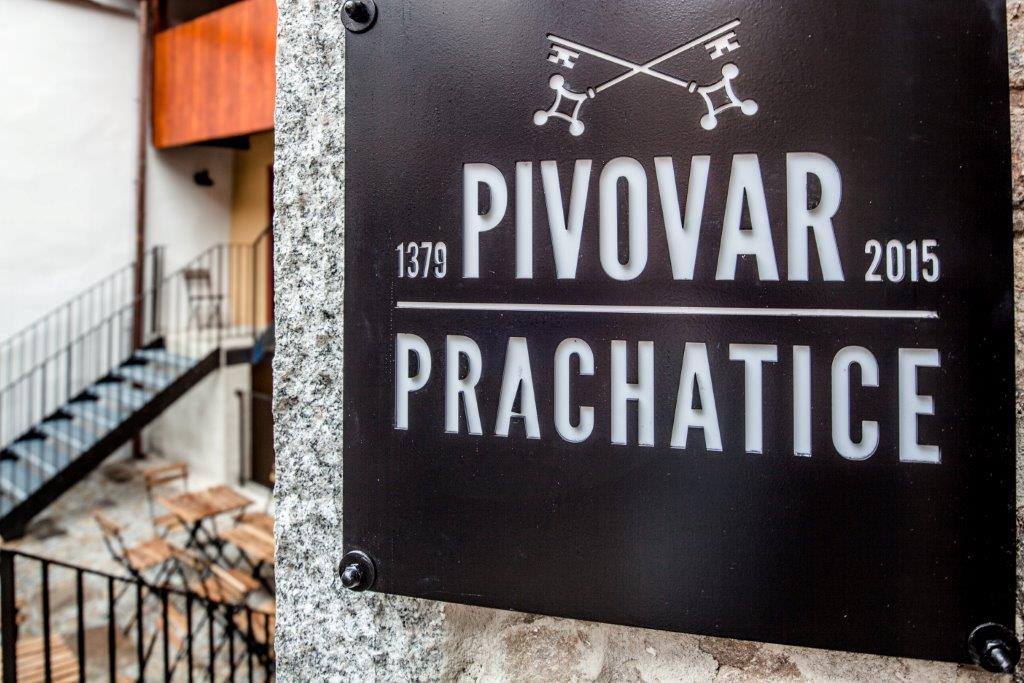
Guided tours of the microbrewery
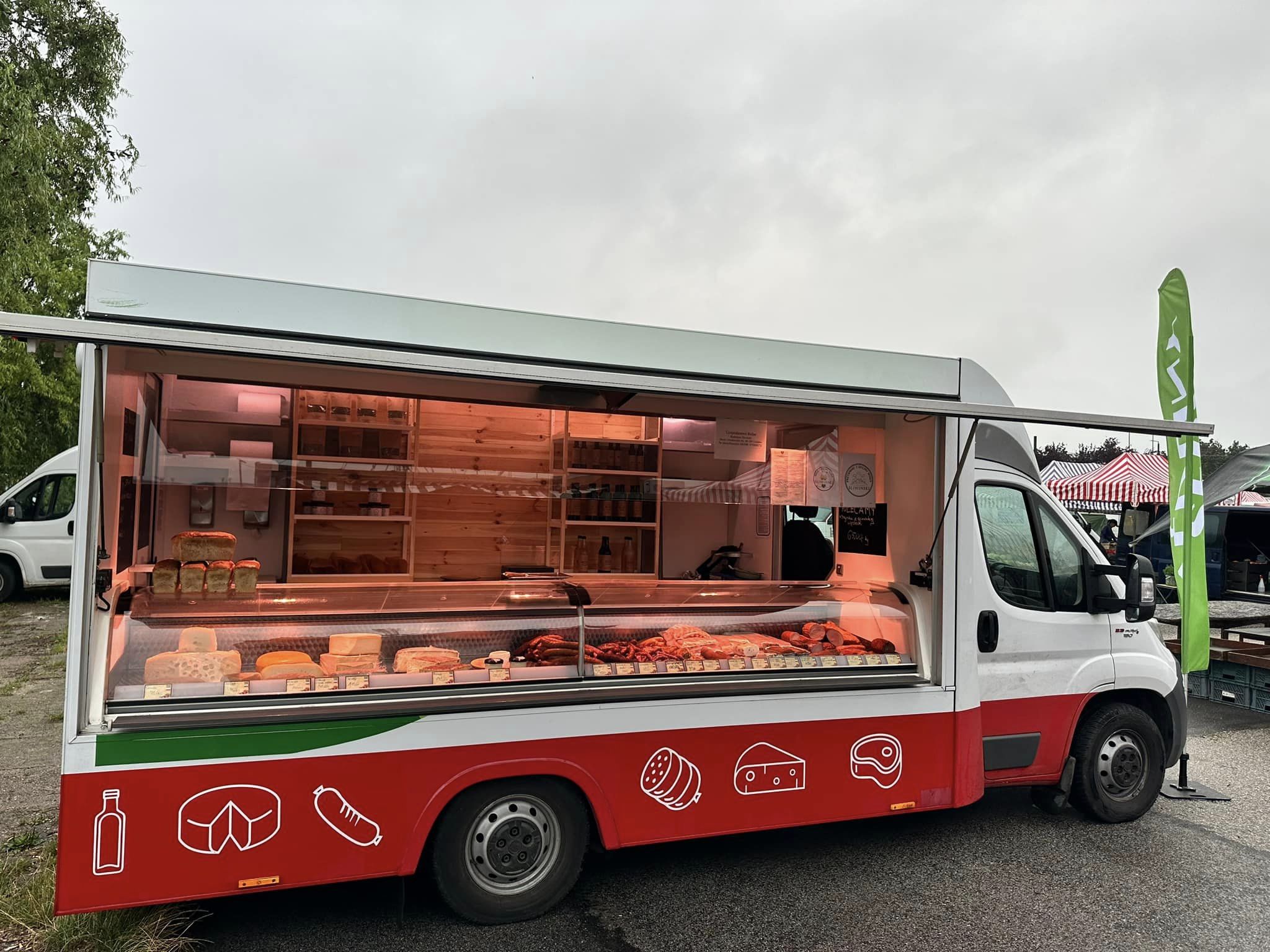
Wróbel Ecological Herbal Farm

Cultural-mythological tour of the village and culinary master class in Gudamakari
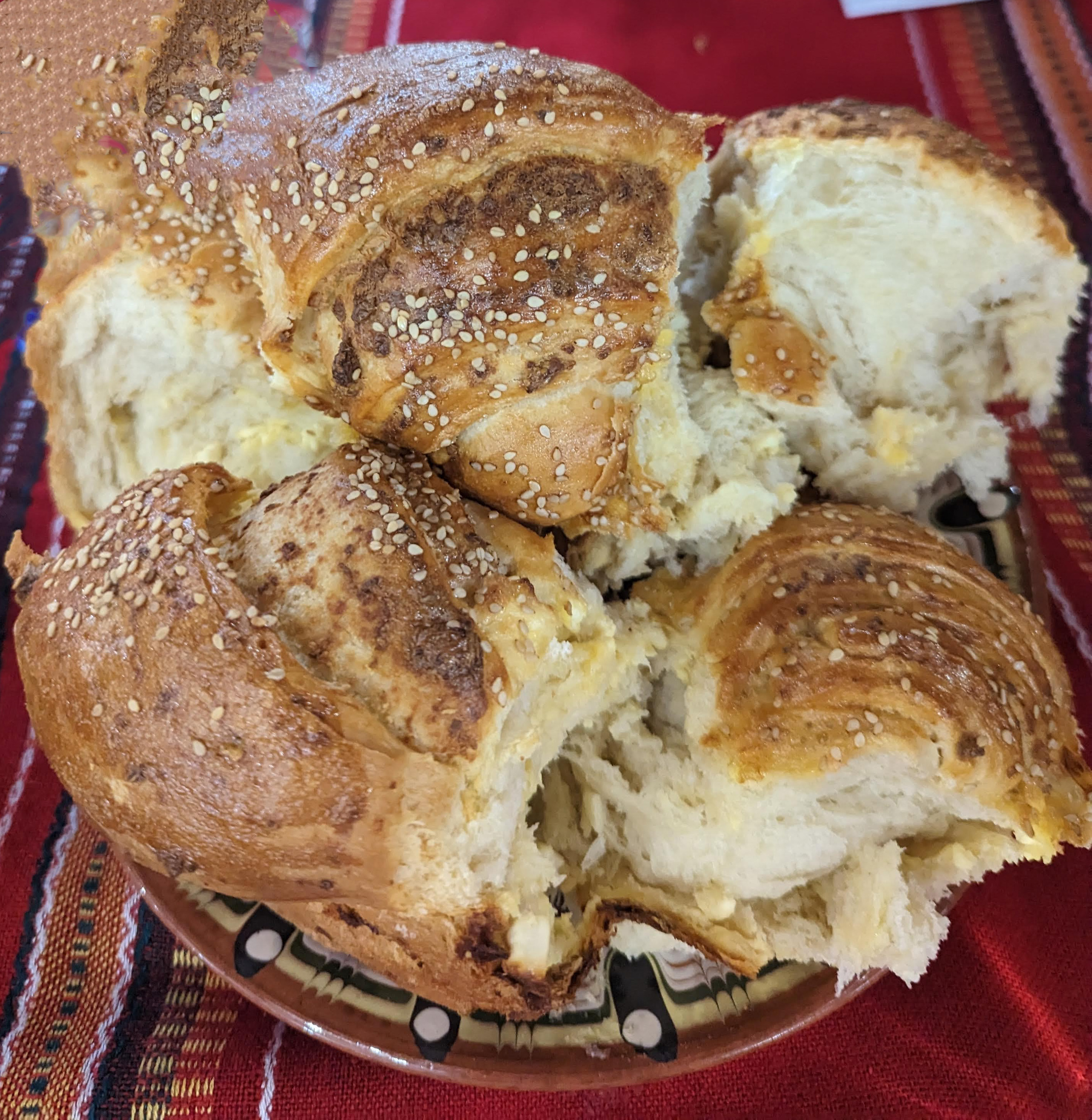
Krasimir Stoyanov is a farmer who attaches special importance to bread. In Dobruja, it is a symbol of health, luck and well-being. He works with several bakers from restaurants and bakeries in the city of Kavarna, organizing together with his colleagues the provision of tents to hold the festival in the open air. Those who wish can learn to prepare several types of bread
The tourist product is the organization of the Festival "On the path of bread in Dobruja". The duration of the festival will be one day. Venue: central square of the city of Kavarna, where four tents with stands will be set up, each offering a different type of attraction. First tent: holding a fun game /Grandma teaches grandchild/-children learn to knead dough. Second tent - Gagauz cuisine: presentation of ritual breads, cakes and bakery products. Presentation of the peculiarities of the Gagauz cuisine in terms of bakery products /tasting of typical Gagauz specialties - güzleme /cheese bread, kavarma /a type of cheese pie, etc./. Third tent - Village cuisine: presentation of the features of village cuisine in terms of bakery products /tasting of typical village specialties - croissants /cheese pies, pies, pogachi, kozunac, etc./. Fourth tent - bread in the past. Presentation of the technology of making bread in the past and tasting bread with sourdough and spelled. The festival envisages a demonstration with the recreation of several practices such as: sowing grain, harvesting, threshing, winnowing the grain, grinding, kneading and baking bread /through folk songs and dances/, performed by a local dance troupe. Promotional materials for healthy bread and pasta/sweets and healthy eating will be produced and printed. They will also contain information about the meaning of the various symbols on loaves and ritual breads. During the Festival, a tasting of local wines from the "Kaliakra" Cellar, as well as small sweets and pickles, intended for the children participating in the Festival, is planned. The way of presentation, promotion and demonstration of the product implies innovation by including the following elements: Tasting of Dobrudja bread and traditional pasta specialties with local wine is expected to generate interest that will contribute to the promotion of the region; The festival will contribute to the presentation and popularization of disappearing skills and traditional bread-making practices, part of the culinary heritage of two typical ethnic groups in Dobrudja - Gagauz and settlers. An opportunity is created for the participants of the Festival to taste pasta products that are a memory of their childhood and part of their identity and cultural belonging. The festival will present and reveal the reasons for accepting Bread as a traditional symbol of Dobruja. The festival aims to demonstrate healthy techniques and practices for bread production (flour without enhancers and additives) used for centuries and to stimulate their revival and application in modern times - both for the needs of healthy eating and as added value to local tourist products. Preserving and disseminating traditional recipes and ways of preparing bread and pasta will indirectly promote historical facts about the life and lifestyle of the ethnic groups of Gagauz and settlers. The product "Festival "On the path of bread in Dobrudja" will be a prerequisite for optimizing the local production of quality bread and bakery products; The festival will be presented to the tourism business as a product that will add value to the tourist attractions in the region. CULTURAL HERITAGE Traditionally, bread is the main food of a Bulgarian, regardless of his status in society - whether he is from a city or a village, whether he is rich or poor, bread has always been present on the table. In parchment lists affixed with state seals, bread is called "the basis of a Bulgarian's life". Bread was the most essential part of a Bulgarian's menu, and in some poorer regions, it was the only means of sustenance. Bread is the holy of holies of the Bulgarian table. It is widely believed that bread is the "soul" and tradition dictates that bread be broken, not cut or pierced. It is not by chance that there is a famous Bulgarian proverb that reads "You are not bigger than bread", i.e. bread is a symbol of something holy - therefore it should be respected and valued. The granary of Bulgaria or as it is known Golden Dobrudja is the region that is famous for its white flour and makes it famous for its pasta products. Bread is an essential part of the cultural and culinary heritage of two typical ethnic groups in Dobrudja - Gagauz and settlers. There are various hypotheses about the origin of the Gagauz people, the most common being that they are descendants of the proto-Bulgarians, but they speak the Turkish language, and at the same time they are Orthodox Christians. The Gagauz call themselves "eski Bulgars" or "old Bulgarians". The Gagauz are the most numerous on the territory of coastal Dobrudja, and the largest and oldest of their villages is the village of Bulgarevo. The immigrants are Bulgarians who lived in Romania, but returned after the annexation of Southern Dobrudja to the borders of Bulgaria, and preserved the Bulgarian way of life, customs and traditions. A number of dough masterpieces are known, one of which is the croissants /typical of the immigrants/. This culinary miracle is a thinly rolled sheet of dough that is sprinkled with cheese, folded and baked on a hot plate. Another more specific recipe for making bread is in a clay pot, which is baked buried in the embers. The three dishes of Gagauz cuisine that will appeal to anyone who has visited the region are: gözleme - similar to a bread or soft breakfast, but it is closed, stuffed with cheese and cooked in a pan; Kesme Chorba – aromatic soup with various spices and/or meat and tasty slices of dough mixed with flour and eggs and fried in a pan; shivershi - thick mussel soup with specially prepared "bran" made of flour and egg and a bouquet of aromatic spices. Traditional bread-making techniques that were part of our culinary identity: kvasnik /sourdough bread/ and presnets /pie, pogacha/. Unleavened bread made of flour, boiling water and a little salt is baked either on ashes or in an oven. For sourdough bread, a piece of sourdough, the so-called kvass, is added to the flour. After kneading the flour, it is left to "set". Kvass is made by mixing cornmeal with a decoction of corn, barley, and oats. Small loaves were made from this dough, which were dried and then used in making sourdough bread. In the traditional Bulgarian folk culture, the most universal magical tool is ritual bread, an expression of the bloodless sacrifice. Bread has been irrevocably present in human life since its very beginning. It is no coincidence that when a child is born, a fresh pita is immediately kneaded (The Virgin's pita or quick pita), dedicated to St. Mother of God, patroness of women in childbirth. The new person is greeted with this question. In the past, the wedding ritual bread had not only a sacrificial meaning, but was also a symbol of the heavenly family: the sun, the moon and the stars, it was also a symbol of the young family - the bride and groom. The wedding bread symbolizes the marriage between the Sun God and the Mother Earth Goddess, as well as the Moon, because its shape is round, which means the whole cycle of making the ritual bread: kneading, rising in the pannakota, baking in an oven, and distributing it. The cow represents, in fact, the entire heavenly family - the sun - a symbol of the male principle, the moon - a symbol of the female principle, and the stars - a symbol of their children. As is the tradition, when the bride enters the bachelor's house, she first goes to the barn, digging up the wheat with her hands for blessing. Belief says that one does not enter a new home empty-handed. The most sacred Christian sacrament is bringing the ritual bread into the home - as a symbol of abundance. Cultural heritage expands its content - it includes not only cultural monuments, but also diverse cultural practices and events, local crafts, local cuisines with authentic recipes.
Season :
Spring, Summer, Autumn, Winter,
Seating capacity :
20
Duration of the service :
4 hours
Guest requirements & Cancellation rules :
Reservation at least 2 weeks in advance, cancellation at least 1 week in advance
Working hours :
09:00-17:00
Resting Days :
None
Min and Max number of visitors :
20-30
By using the site, you agree to the cookies policy
Terms and Conditions




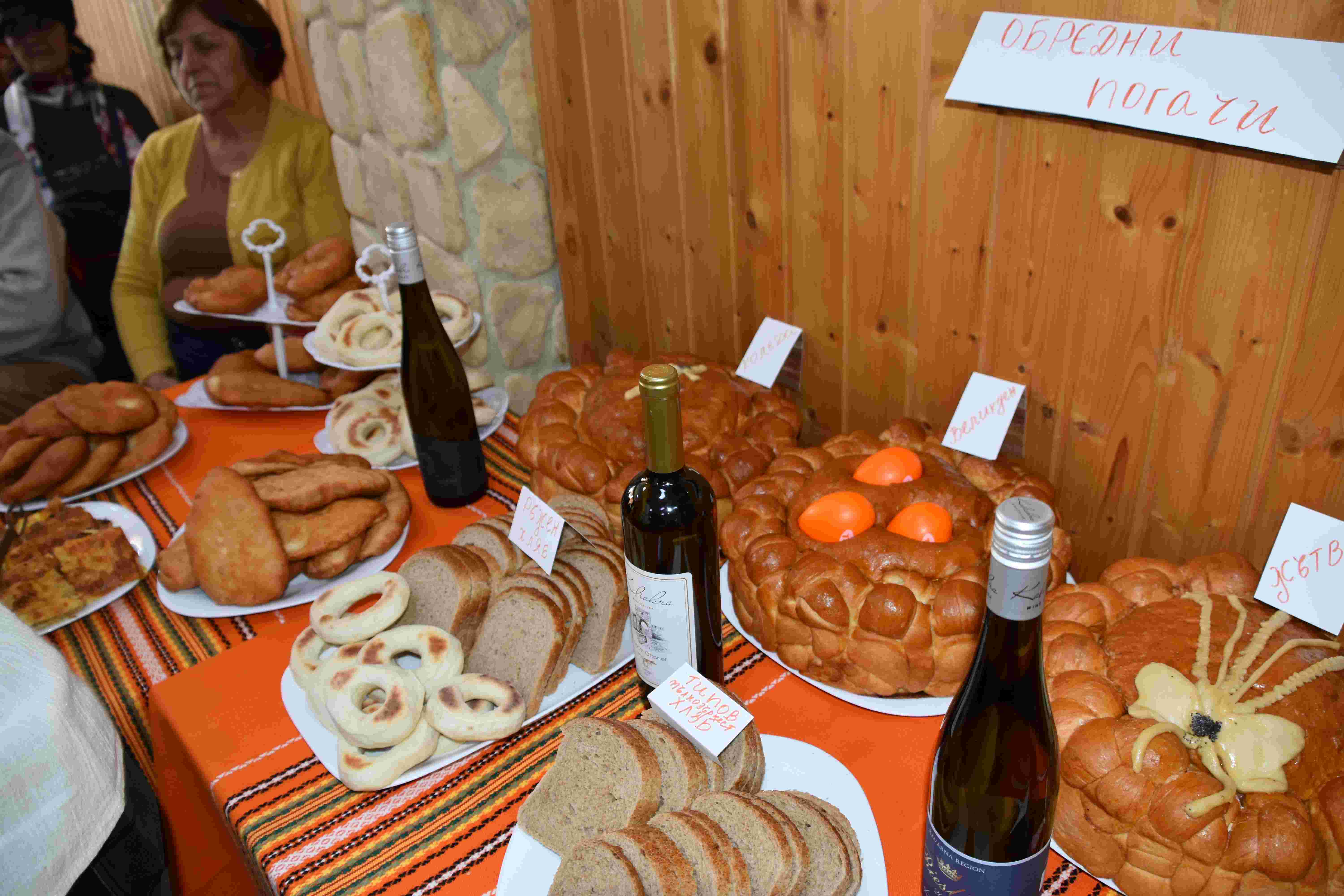
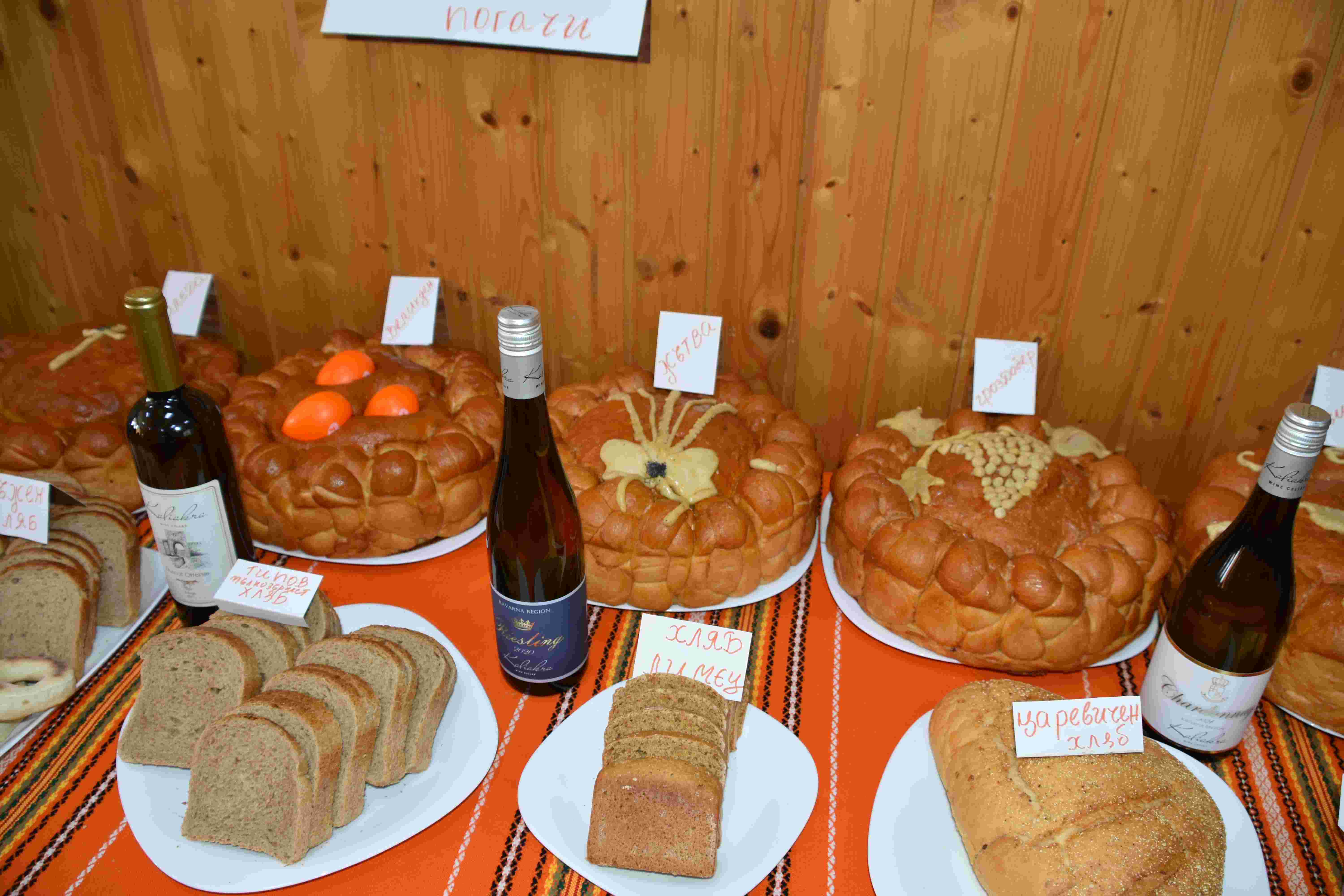
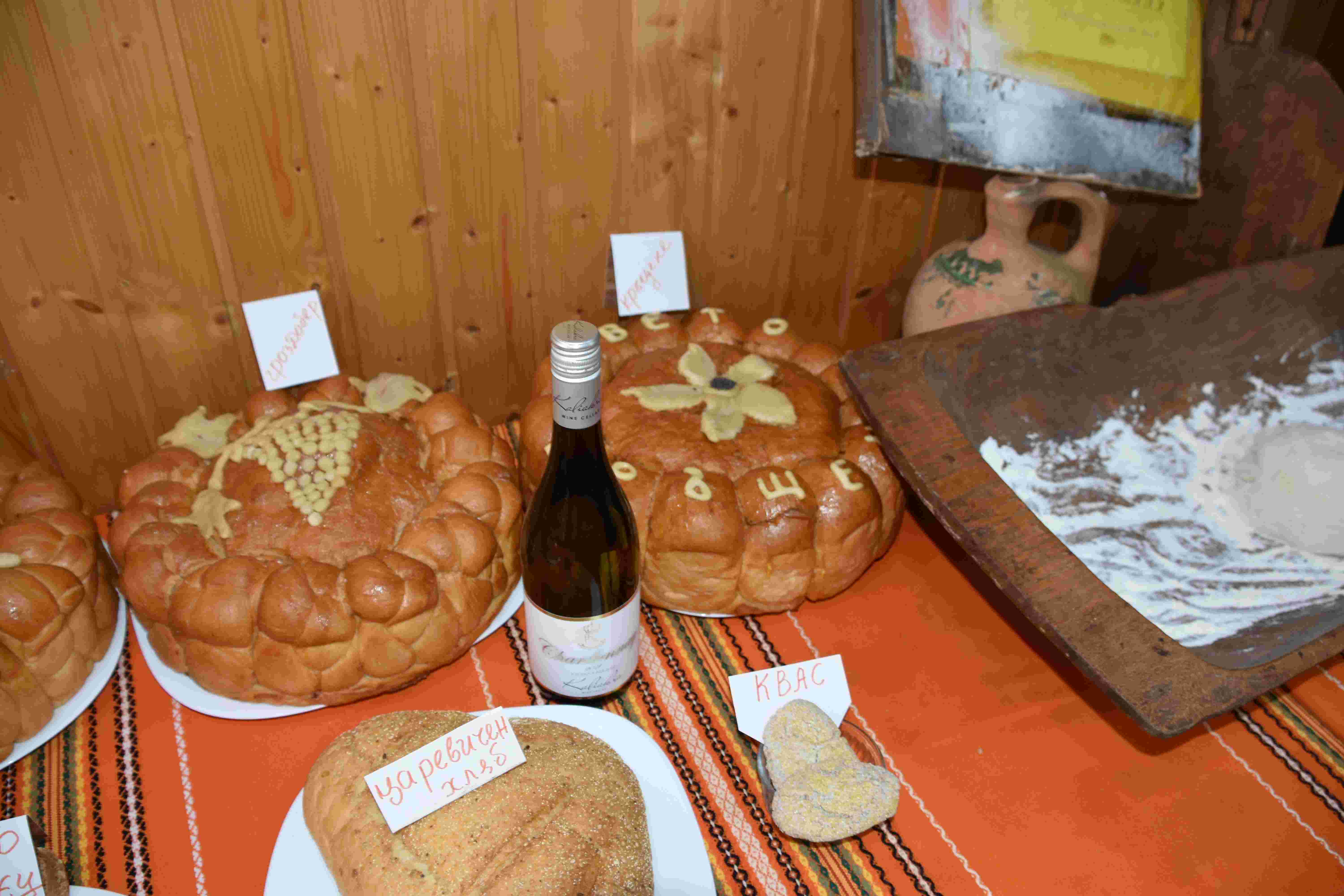
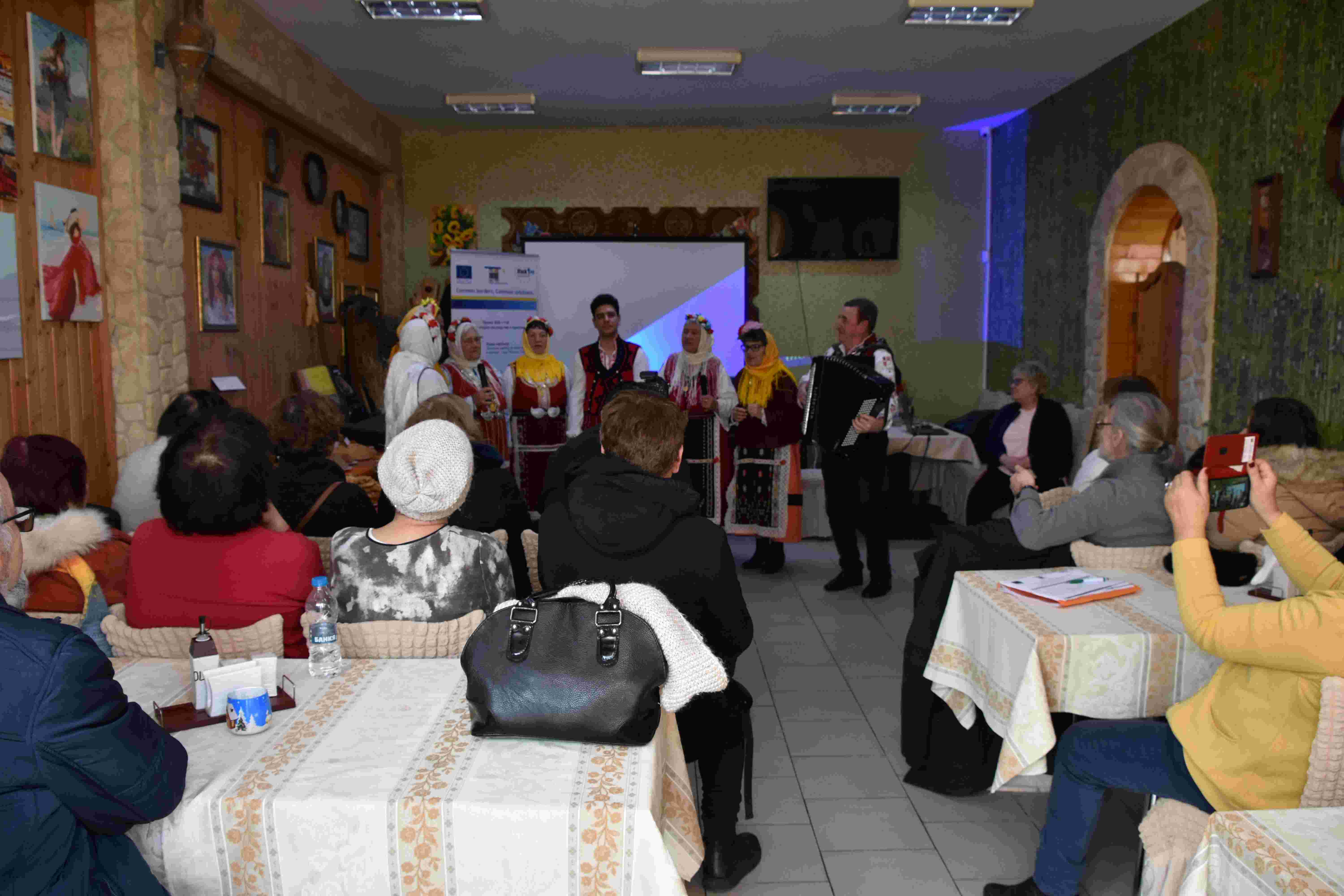


Comments